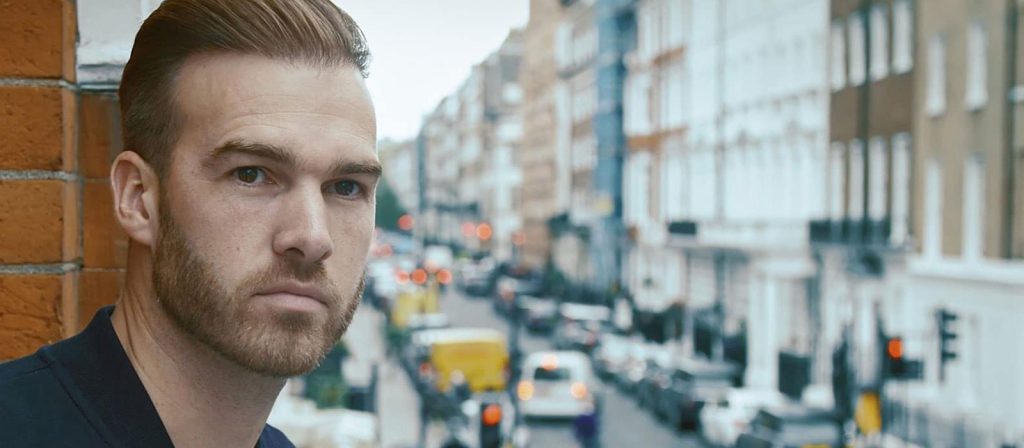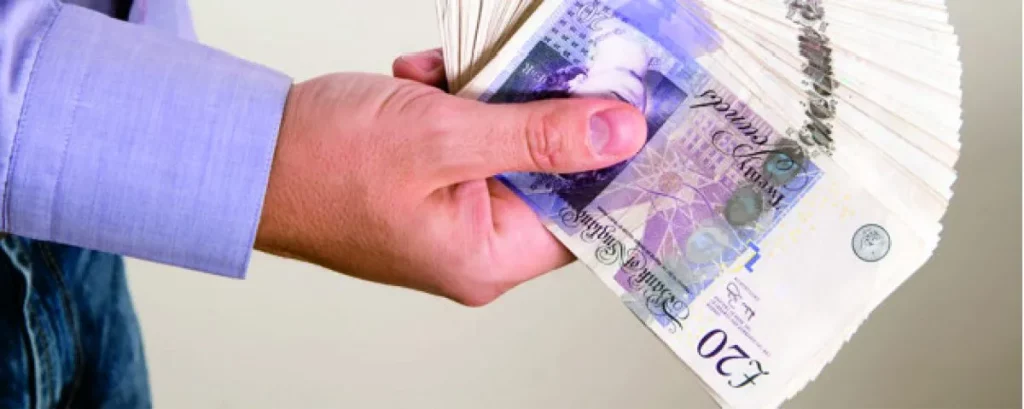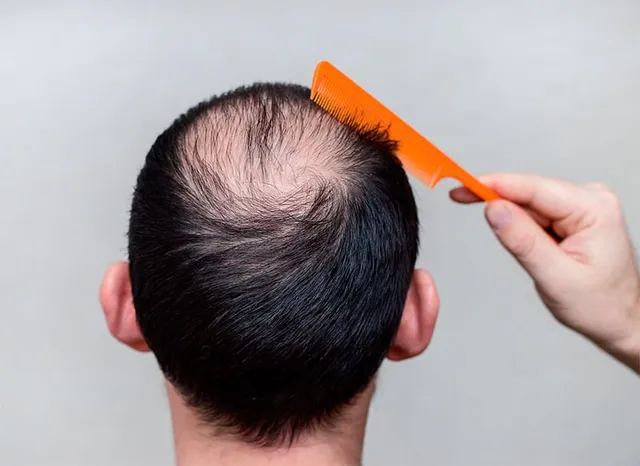After a Hair Transplant you will want to do everything you can to give you hair the best chance of growth. After all hair transplants aren’t cheap! But how can we really increase the chances of our hair growing back? Many decide to take supplements in order to kick star the bodies hair growth functions. But which ones should you take?
Supplements that contain vitamins C, E , A and B are the best to take after a hair transplants. This is because the all supports the bodies natural hair growth enzymes whilst also helping the recovery process after a surgery.
Our bodies require a considerable amount of calories to recover following surgery, “Each stage of recovery necessitates the use of particular nutrients,” he said. “And without those nutrients, the cells will be unable to function properly, stalling the mending process.”
However, your appetite and tolerance for meals may be diminished during recuperation. Additionally, a typical diet may be insufficient to offer enough amounts of key nutrients necessary for the wound healing process. Supplementation is critical in these situations to repair the nutritional deficit.
The supplements or foods below offer proven benefits can help to stimulate growth and enhance the hair that you have.
- Gentle massage. Massaging the scalp can help to restore hair growth and can be used in conjunction with hair oils and masks.
- Aloe vera
- Neutonic Review
- Coconut oil
- Viviscal
- Fish oil
- Ginseng
- Onion juice
- Rosemary oil
- L-TheanineArginine and glutamine: During times of stress, the body may be deficient in these important amino acids, necessitating an increase in consumption. Arginine aids in protein synthesis, promotes cell development, stimulates collagen formation, improves the immune system, and increases blood flow. Additionally, glutamine stimulates collagen synthesis and helps maintain a healthy immune system. Together, these processes contribute to critical repair and reconstruction.
Collagen: that has been hydrolyzed into building blocks provides our bodies with the basic ingredients necessary to cover a wound. It contributes to the body’s collagen synthesis and increases internal collagen formation at the wound site.
HMB: Abbreviation for -hydroxy—methylbutyrate, HMB is an amino acid metabolite. HMB aids in the prevention of muscle breakdown while simultaneously stimulating protein synthesis.
Zinc: This mineral is necessary for the production of DNA and proteins, as well as immunological function and skin integrity.
Vitamins C and E: These antioxidants aid the body in regenerating and repairing cells. Vitamin C contributes to the strength of collagen, whereas vitamin E aids in cell stabilisation.
Vitamin B12: boosts red blood cell and haemoglobin levels, helping the body to deliver oxygen and nutrients to the incision site more readily. Additionally, it stimulates collagen synthesis.
Understanding how wound healing occurs and the essential role nutrition plays in the process is the first step toward recovery. Although you will be given local anesthetic during your hair transplant, you will maybe want to consider supplementation for pain afterwards. Consider consulting with a dietician for more suggestions on how to recover from surgery. Not only can they design an eating plan just for you, but they can also advise you on how to maintain excellent health throughout the year.
Is Aloe Vera good after a hair transplant?
During the first days after a Turkey hair transplant, it is possible to notice itching and irritation in the donor region, which may be relieved with a sterile water. Additionally, you can apply a pure ointment or aloe vera gel on the donor area.
How can I strengthen my hair after hair transplant?
Add a few drops of healthy essential oils like peppermint, sage, or rosemary to 1 teaspoon olive oil. Gently massage the mixture into your scalp in circular motions to promote hair development and a sense of well-being.
Do you need to take medication following a hair transplant?
Your scalp may be sensitive, and you may require pain medication following hair transplant surgery. antibiotics to decrease your chance of infection. anti-inflammatory medicines to maintain a healthy level of swelling.
What is good to take after a hair transplant?
Consume a diverse diet rich in whole foods to ensure your body receives the complete spectrum of vitamins it requires. Whole-grain pasta, brown rice, broccoli, spinach, black beans, lettuce, peppers, almonds, and zucchini are all excellent alternatives. A high-quality vitamin supplement can assist in filling in the gaps.
How can I speed up the healing process following a hair transplant?
For the first three nights following the surgery, sleep at a 45-degree angle with your head slightly raised up to aid in healing. Taking an anti-inflammatory drug or another type of pain medication as suggested by Dr. Niedbalski will assist to decrease swelling and discomfort. Additionally, a bag of frozen peas or a cold pack can be used to calm the region.
Do bananas help hair growth?
Bananas have potassium which softens hair and helps in hair growth too. This delicious and healthy fruit also has natural oils that maintain the natural elasticity of the hair and prevent hair breakage. Add bananas to your daily diet. You can also make a banana hair pack for hair growth.



